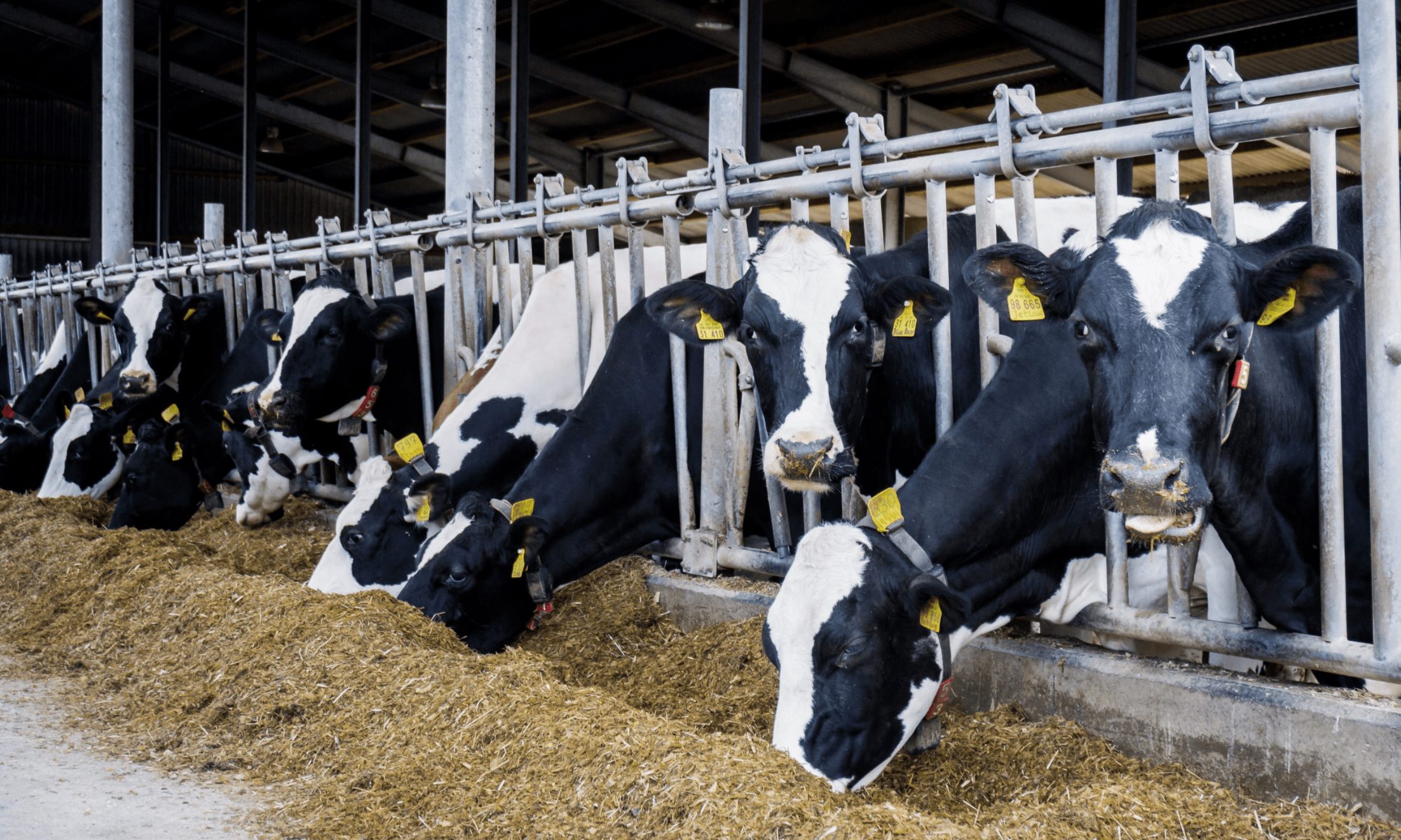



Article by: Hari Yellina
Farmers in Gippsland should keep an eye out for signs of facial eczema in their animals. Facial eczema is a seasonal condition that typically affects sheep and cattle, but can also affect alpacas and goats, according to senior veterinary officer Dr Dianne Phillips. “Outbreaks happen in late summer and fall, and they’ve been common in Gippsland in the past,” Dr Phillips said. “With mild night-time temperatures – normally between 12 and 15 degrees – and high humidity, this season is shaping up to be a high risk for facial eczema outbreaks.” A toxin called sporidesmin is produced by a fungus that develops on decaying plant matter and causes facial eczema. As a result of liver damage, it primarily manifests as photosensitization of non-pigmented skin.
According to Dr. Phillips, a number of animals are often infected at the same time, with symptoms including dermatitis and skin peeling, jaundice, depression, and death. “If the initial liver injury is not advanced, then the liver can mend itself to varied degrees over time,” Dr Phillips explained. The density of spores on dead plant material, for example, influences the toxicity of impacted pastures. Because spores accumulate in the largest numbers on dead plant material at the sward’s base, pasture height affects the animal’s spore intake.
Due to the volume of dead leaf litter produced by perennial ryegrass pastures, outbreaks are more usually connected with them; nevertheless, other pasture species are also susceptible to the fungus. According to Dr. Phillips, the amount of poison consumed by an animal determines the severity of sickness, but even animals with no visible photosensitization can suffer considerable liver damage. “Long-term exposure to small daily doses of spores can be just as hazardous as single high ones,” stated Dr. Phillips. “Monitoring weather temperatures, careful pasture and grazing management, and the use of zinc as a liver protectant in vulnerable animals are all options for reducing this risk.”
High spore counts suggest which pastures to avoid for vulnerable grazing animals and which paddocks to avoid. Zinc supplementation is a method that may be useful in reducing the risk of face eczema, but it must be used before being exposed to harmful levels of spores. A minor use permit is provided for the administration of a controlled release zinc bolus into the rumen of cattle. Contact your local veterinary clinic with any questions. Zinc can also be given by drinking water or included into rations (pellets are suggested); however, formulas must be carefully calibrated, therefore consulting your private veterinarian, stock feed firm, or nutritionist is strongly advised.
It is possible to add zinc to a formulated ration or a reticulated water supply in sheep, but there may be challenges getting sheep to take the needed amount when there is a surplus of green forage in the paddocks and alternate sources of water. Dairy Australia plans to provide spore monitoring services utilising sentinel farms across Gippsland risk areas, according to Dr. Phillips. Farmers can also collect their own pasture samples (following a specified technique) and bring them to a variety of veterinary services for laboratory analysis.